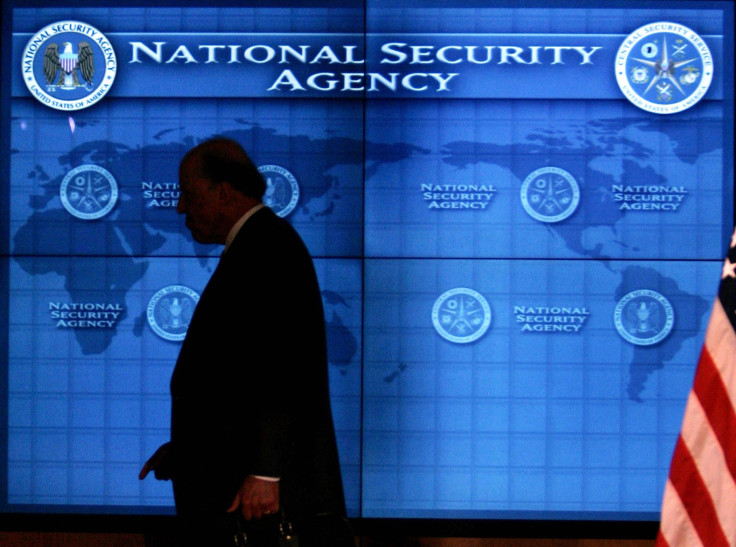NSA Surveillance Bill, Patriot Act Extension Blocked By US Senate

The U.S. Congress on Saturday blocked two bills aimed at authorizing the mass electronic surveillance of Americans. In a rare 1:00 a.m. vote, both the proposed Patriot Act's short-term extension and the USA Freedom Act failed to get the necessary number of votes.
The Patriot Act is set to expire at midnight on May 31. Its two-month extension got 45-54 and the Freedom Act failed 57-42, putting both bills short of the required 60-vote threshold.
The Patriot Act is a contentious bill that granted sweeping powers to anti-terrorist and intelligence authorities and also provided critical justification for the NSA’s electronic surveillance program.
The Freedom Act keeps most of the Patriot Act’s provisions in place, but limits the abilities of the NSA to gather and store bulk communications data, instead requiring the agency to obtain court approval to acquire information from telecom companies on a case-to-case basis.
The key provision at the heart of the debate is Section 215 of the Patriot Act, which the federal government used as a justification for secretly gathering metadata from nearly every American telephone call made over landlines.
The NSA had earlier said that it intends to cut down on the data collection program unless it was reauthorized, according to the Chicago Tribune. With Saturday’s vote, it is unlikely that the Congress will be able to do so. The House left on Thursday for a week-long recess and won’t be back in Washington until June 1. The Senate plans to head home this weekend as well.
However, Senate Majority Leader Mitch McConnell, R-Ky., said he would reconvene the Senate on May 31, one day earlier than scheduled, hoping to extend the bill just hours before it is set to expire. "We need to act responsibly on behalf of the American people," he said on the floor, according to USA Today.
White House officials had pressured the Senate to pass the House bill, which would limit the NSA’s bulk data collection of phone records without abolishing it altogether, the Associated Press reported.
One of the law’s main opponents was Senator Rand Paul, R-Ky., who held a marathon 11-hour speech on the Senate floor on Wednesday, arguing that even the weakened provisions in the USA Freedom Act would severely curtail the civil liberties of Americans. Paul, a Republican contender for the 2016 presidential elections, has campaigned as a champion for civil liberties.
The mass electronic surveillance being conducted by the NSA was exposed by its former contractor Edward Snowden, whose revelations about the scope of the data collection sparked outrage and condemnation across the country and the world.
On Thursday, Snowden praised Paul’s stand against the program, saying it represented a “sea change” in the debate surrounding the surveillance program.
“Whatever you think about Rand Paul or his politics, it’s important to remember that when he took the floor to say ‘No’ to any length of reauthorization of the Patriot Act, he was speaking for the majority of Americans — more than 60% of whom want to see this kind of mass surveillance reformed or ended,” Snowden said on Reddit. However, he added that he was unconvinced that the failure to extend the bill would conclusively end the surveillance program. “There are always reasons to be concerned that regardless of the laws passed, some agencies in government ... will miscontrue (sic) the intent of Congress in passing limiting laws -- or simply disregard them totally.”
© Copyright IBTimes 2024. All rights reserved.





















